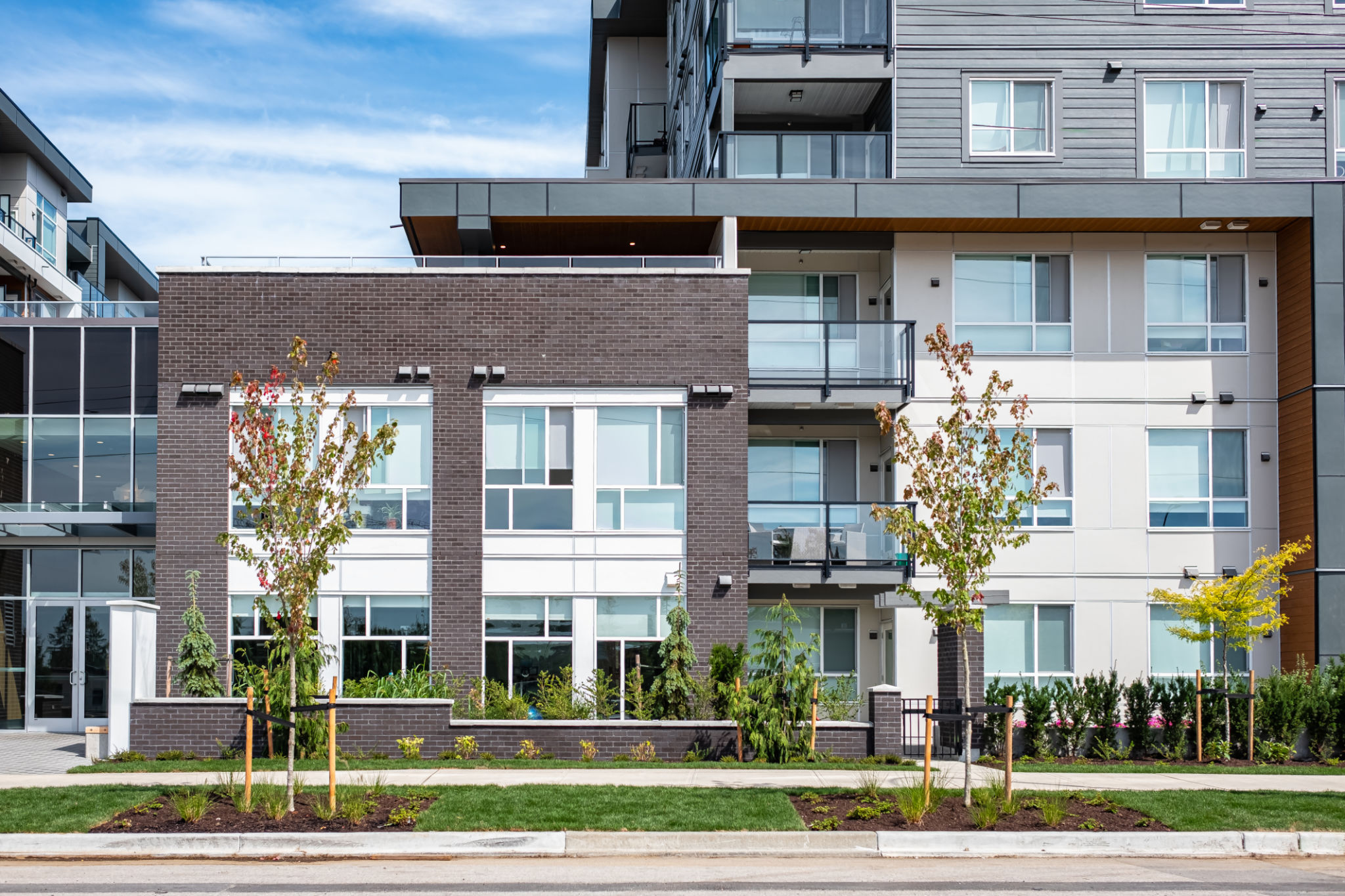Exploring the Pros and Cons of Buying vs. Renting
Introduction to Buying vs. Renting
Deciding whether to buy or rent a home is a significant financial decision that affects your lifestyle and long-term financial health. The choice between buying and renting is not always straightforward, as both options have their own set of advantages and disadvantages that can influence your living situation and financial future.
When weighing the pros and cons, it's important to consider factors such as your financial stability, lifestyle preferences, and long-term goals. This blog post will explore the various aspects of buying and renting to help you make an informed decision.

Pros of Buying a Home
Building Equity
One of the most compelling advantages of buying a home is the ability to build equity over time. As you pay down your mortgage, you increase your ownership stake in the property. This can serve as a valuable financial asset in the future.
Stability and Control
Homeownership provides a sense of stability and control over your living environment. You have the freedom to make modifications, such as renovations and landscaping, without needing a landlord's approval. This sense of permanence can be particularly appealing for families looking to establish roots.

Cons of Buying a Home
High Initial Costs
Buying a home involves significant upfront costs, including down payments, closing costs, and other fees. These expenses can be a barrier for many individuals, especially first-time homebuyers who may not have substantial savings.
Maintenance Responsibilities
As a homeowner, you are responsible for all maintenance and repair costs, which can add up quickly. Whether it's fixing a leaky roof or replacing an aging HVAC system, these expenses can be both unexpected and costly.

Pros of Renting
Flexibility
Renting offers greater flexibility compared to buying, making it an attractive option for those who may need to relocate frequently for work or personal reasons. Lease agreements typically last for one year, allowing renters to move without the burden of selling a home.
Lower Initial Costs
Renting generally requires a lower initial financial commitment than buying. While you may need to pay a security deposit and first month's rent upfront, these costs are typically much lower than the down payment required for purchasing a home.

Cons of Renting
Lack of Equity
One of the primary drawbacks of renting is that monthly rental payments do not contribute to building equity. Over time, this means renters do not accumulate any financial return on their housing expenses.
Limited Control
Renters often have limited control over their living space. Restrictions on painting walls, renovating, or even having pets are common in rental agreements. Additionally, landlords may choose to increase rent or sell the property, leading to potential instability.
Conclusion: Making the Right Choice for You
The decision between buying and renting ultimately depends on individual circumstances such as financial situation, lifestyle preferences, and long-term goals. It's crucial to evaluate your priorities and consult with financial advisors if necessary.
Understanding the pros and cons of each option will empower you to make a decision that aligns with your needs and ensures comfort and financial well-being in the years to come.
